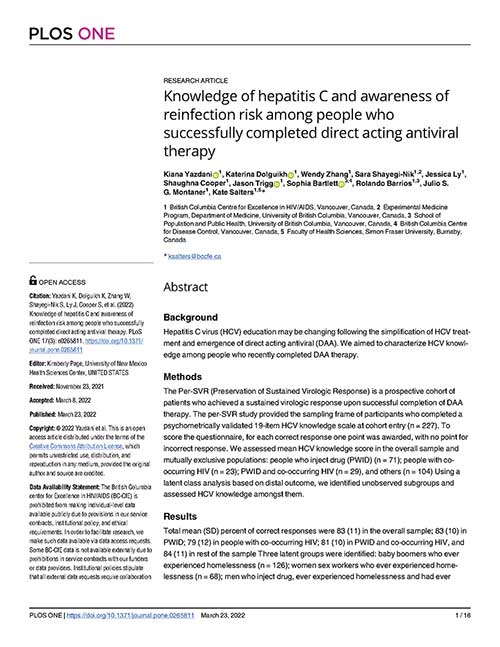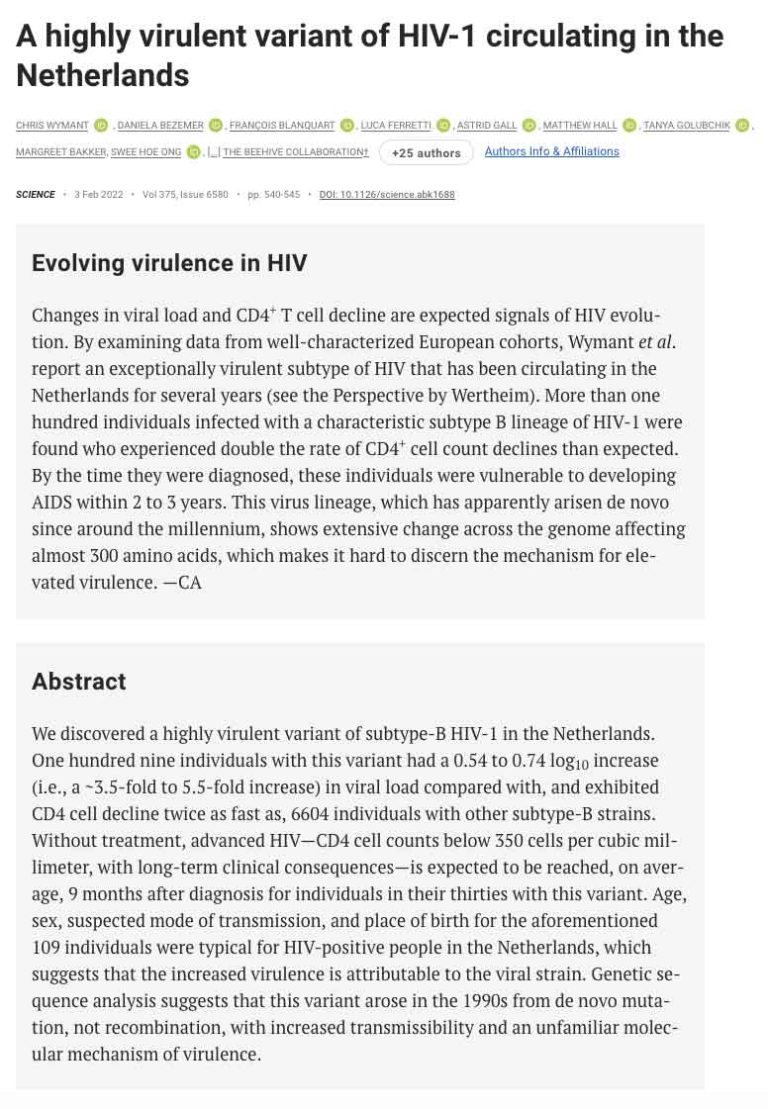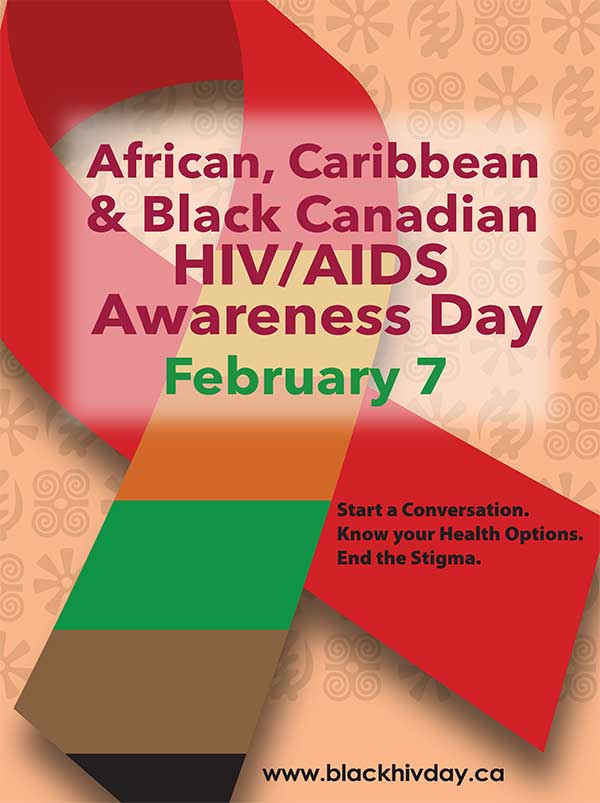
BC Centre for Excellence Celebrating 30 Years
This year the BC-CfE is celebrating its 30th year of excellence. In this video, Dr. Julio Montaner, the BC-CfE’s Executive Director and Physician-in-chief, kicks off the anniversary activities, reflecting on how the Centre has grown and evolved since 1992 and thanking its patients, the staff, the numerous supporters, partners and friends.









